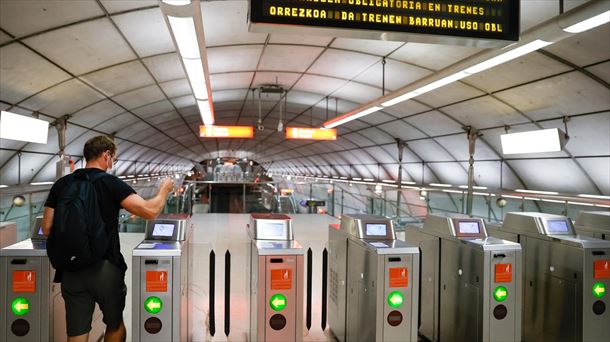On January 20, 1990, the Soviet army entered Baku to crush the Azerbaijani Popular Front. It was a bloody invasion: almost 150 civilians were killed and more than 800 were injured.
Pogroms against ethnic Armenians have been raging in Baku for days, killing around 90 people, some in the most brutal ways. The murders included beatings and stabbings, and burglaries and robberies also occurred. The attacks were then used as a pretext for the invasion by the Soviet army.
“In reality,” American historian Mark Kramer of Harvard University tells krone.at, “the operation was primarily intended to destroy the Azerbaijani Popular Front, which sought Azerbaijani independence.”
The Soviet Defense Minister, Marshal Dmitry Yazov, also admitted this. Gorbachev hoped to restore control over Azerbaijan and thus show other Soviet republics, especially the Baltic republics, the potential costs of disintegration, Kramer said.
“The violent crackdown on January 20, 1990 was followed by two years of mutual attacks and reprisals between Armenians and Azerbaijanis,” Kramer told krone.at. The intervention of the Soviet army in Baku caused even more bloodshed, but did not contribute to easing the conflict, which increasingly turned into open war between Armenia and Azerbaijan.
Gorbachev allowed peaceful upheavals
“It is a myth that Gorbachev did not use violence,” explains Peter Ruggenthaler, deputy head of the Ludwig Boltzmann Institute for War Consequences Research. Army units also bloodily suppressed demonstrations in Tbilisi in April 1989, but without receiving orders from Moscow.
This was different in Eastern Central Europe, which was still under Soviet control at the time. In early 1989, at Gorbachev’s insistence, the Politburo in Moscow made the pre-emptive decision that Soviet troops would not come to the aid of the communist allied regimes if they requested it. The fact that Gorbachev allowed the peaceful upheavals to take place is undoubtedly Gorbachev’s historic achievement, says Ruggenthaler.
Putin: greatest geopolitical catastrophe of the 20th century
Gorbachev, who even received the Nobel Peace Prize in 1990, was by no means willing to question the existence of the Soviet Union. However, his actions in Baku did not put an end to separatist trends but only accelerated them. At the end of 1991, the Soviet Union was history. For Putin, this was, as is known, the greatest geopolitical catastrophe of the 20th century.
Source: Krone
I am an experienced and passionate journalist with a strong track record in news website reporting. I specialize in technology coverage, breaking stories on the latest developments and trends from around the world. Working for Today Times Live has given me the opportunity to write thought-provoking pieces that have caught the attention of many readers.



